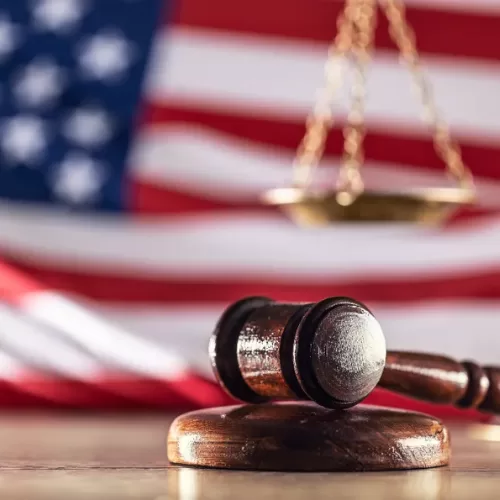President Donald Trump has tried to punish several law firms that employed his perceived enemies or took on cases he disliked. His actions included stripping government contracts, suspending employees’ security clearances, and blocking access to federal buildings and officials. However, federal judges have strongly rejected these punishments.
U.S. District Judge Richard J. Leon called Trump’s orders retaliatory and unconstitutional, writing that the president’s actions “shout through a bullhorn” a warning: if you take on causes disfavored by President Trump, you will be punished. Judges struck down orders against law firms such as WilmerHale, Jenner & Block, and Perkins Coie, saying the president overstepped his authority and punished the firms for speech protected by the First Amendment.
Despite the court victories for these firms, the full impact of Trump’s attempts to punish them goes beyond just the legal rulings.
Trump’s Sanctions on WilmerHale Collapse Under Judicial Ruling
Fear and Deals Shape Law Firms’ Choices
Though courts blocked Trump’s executive orders, many law firms remain concerned. Some struck deals with the administration to avoid punishments. For example, Paul Weiss was sanctioned but had its punishment lifted after pledging $40 million in pro bono legal work. Following that, eight other large firms, including Skadden, made similar agreements, promising nearly $1 billion in free legal work.
These deals show that Trump’s threats had a real effect. Some firms stopped taking cases that opposed the administration’s goals, especially in sensitive areas like immigration. Georgetown law professor Emily R. Chertoff explained that even with court orders, many firms—especially smaller ones—fear retaliation and choose to avoid challenging the president.
Lisa Koop, national director of legal services for the National Immigrant Justice Center, noted that some of the organization’s usual law partners have suspended taking on new immigration cases because of the administration’s rhetoric.
Legal Battles Continue as Some Firms Stand Firm
Several law firms sued the government, saying Trump’s orders cost them clients and threatened their survival. These firms rely on security clearances and access to government officials to do their work. The Justice Department, defending the executive orders, argued that presidents need discretion and accused the lawsuits of interfering with Trump’s authority.
Trump’s Actions Against Jenner & Block Law Firm Ruled unconstitutional by Federal Judge
While courts have blocked many of Trump’s punishments, some legal battles are ongoing. The firm Susman Godfrey, for example, sued to have all sanctions against it overturned and has temporarily blocked most punishments.
Other firms have stepped up to defend those targeted. Williams & Connolly is representing Perkins Coie, and Cooley is defending Jenner & Block. Jenner & Block also helped file a lawsuit against the administration’s effort to ban international students from Harvard University, which was quickly blocked by Judge John D. Bates.
Despite the fear and pressure, some firms remain willing to take on challenging cases. Greg Brower, a former FBI official now with Brownstein Hyatt Farber Schreck, said cases that need to be brought will be litigated, even if some firms don’t want to handle them.
Skadden, one of the firms that struck a deal with the administration, recently joined a lawsuit filed by a Mexican woman denied a visa meant for victims of violence, showing that not all firms are stepping back.


